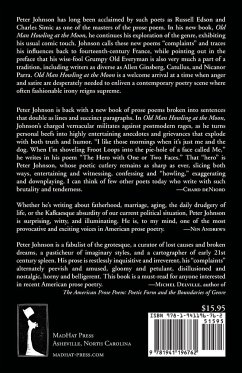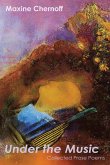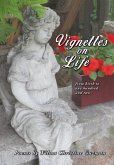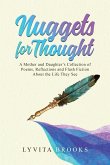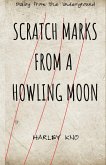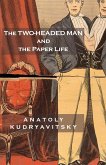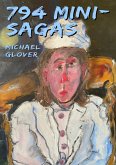Peter Johnson has long been acclaimed by such poets as Russell Edson and Charles Simic as one of the masters of the prose poem. In his new book, Old Man Howling at the Moon, he continues his exploration of the genre, exhibiting his usual comic touch. Johnson calls these new poems "complaints" and traces his influences back to fourteenth-century France, while pointing out in the preface that his wise-fool Grumpy Old Everyman is also very much a part of a tradition, including writers as diverse as Allen Ginsberg, Catullus, and Nicanor Parra. Old Man Howling at the Moon is a welcome arrival at a time when anger and satire are desperately needed to enliven a contemporary poetry scene where often fashionable irony reigns supreme.
Hinweis: Dieser Artikel kann nur an eine deutsche Lieferadresse ausgeliefert werden.
Hinweis: Dieser Artikel kann nur an eine deutsche Lieferadresse ausgeliefert werden.

